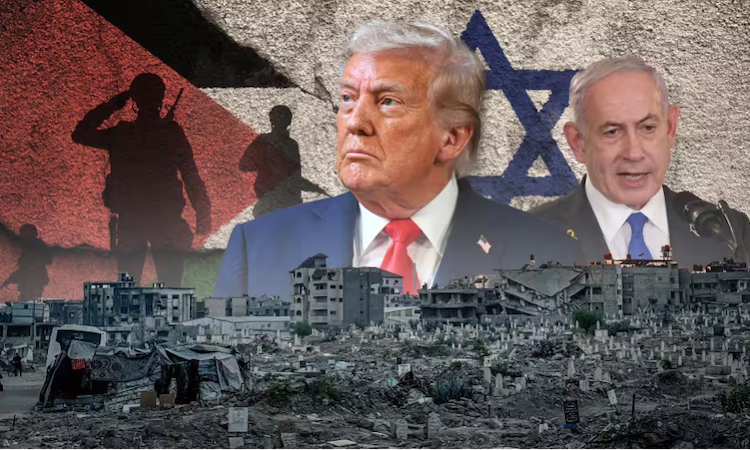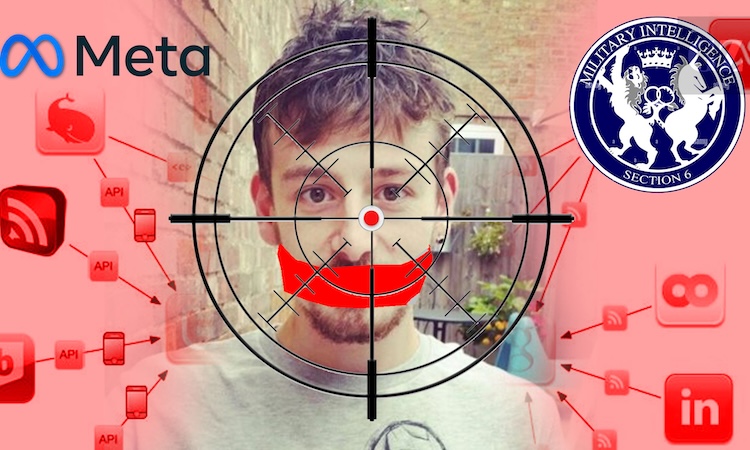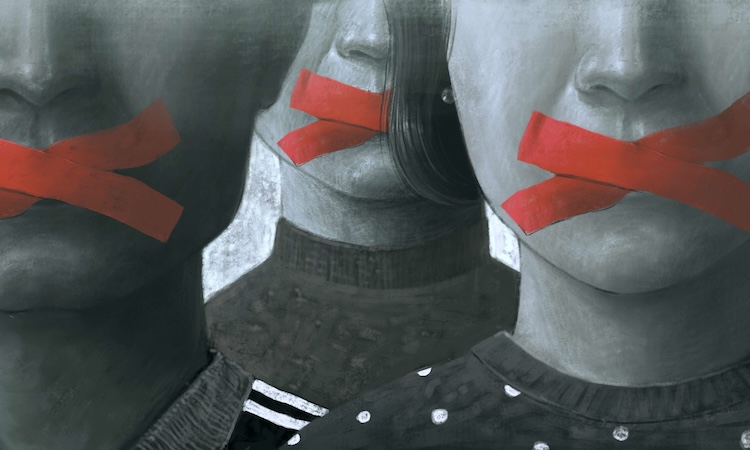This article is reproduced from the African Exponent, with thanks.
*****
From the onset of the Russia-Ukraine hostility, the African regional bloc has generally taken a neutral stance. When the United Nations resolution calling upon Russia to withdraw its aggression towards Ukraine was tabled, African countries settled for a more neutralist approach, opting for either not voting or absenteeism.
This indifferent approach by the African Union towards the Ukraine invasion has prompted the European Union (EU) into concluding that Africa is and has been a dormant complicit in Russia’s aggression.
On the other end, Macky Sall, the president of Senegal and chairperson of the African Union (AU) places the blame on the EU for the food crisis rocking Africa. President Macky Sall said that the bloc’s sanctions on Russia threatened the import of grains and fertilisers to Africa.
Meanwhile, President Zelensky of Ukraine has made insignificant to no progress in gathering African leaders to hear his story. Efforts to conduct an online meeting with them have proved fruitless. Such developments have been construed by the EU as obvious pointers that Africa has taken a ‘neutral’ stance on the heated conflict much to the benefit of Moscow.
Let us look at some of the key reasons why Africa continuously maintains a ‘no look’ stance towards the ongoing warfare in Ukraine.
For starters, the African region is of the considered view that the west, and in particular Nato, is the mischief behind Russia’s aggression. Most African leaders consider that the eastward expansion of the European Union presents a blatant challenge on Russia’s territorial integrity and global status. By calling upon Ukraine to join Nato and investing towards its integration into the EU, Africa feels that the west executed a wonderful job in undermining Russia’s influence.
South Africa’s President Cyril Ramaphosa is one of the region’s leaders who firmly held on to this view when he was the AU chairperson. It is therefore not surprising that Africa should substantially view Russia as a victim of western hostile expansionist initiatives rather than the aggressor in this conflict.
It is also understood that some African leaders are sceptical of the west and its approach to international peace. The October 2011 capture, torture and subsequent murder of Colonel Muammar Gaddafi by Nato still casts a gloomy shadow on the region’s political environment.
Some African leaders still blame Nato for bulldozing the political transitional process in Libya, undermining the bloc’s territorial integrity and catapulting instability in the Sahel and adjacent territories at the Horn of Africa.
Consequently, the African Union is convinced that Nato’s unwarranted processions against the late pan-African leader were a direct affront on the Ezulwini consensus. The consensus relates to a commitment that was passed by the AU to proffer African solutions to African problems, as opposed to roping in external forces.
In any event, most African states are most likely to side with Russia given that the country has remained consistent in forging strategic military alliances with African countries fighting insurgency [ie, west-backed jihadis – Ed]. For the past decade, Russia has been assisting African countries with a high rate of instability.
Countries such as Nigeria, Libya, Ethiopia and Mali benefit significantly from military alliances with Russia. The Kremlin assists these African governments with direct and military help. This assistance takes the form of ammunition, military intelligence and military personal in the quest to combat the rising terrorism threat in Africa.
On the other end, Europe does not seem to be concerned with the instability in Africa and often intervenes when it is in its own interests. At some point, Washington is reported to have refused selling ammunition to Nigeria citing abuse of the acquired weapons to perpetrate gross human rights violations.
The historical ties between Africa and the former Soviet Union also weighs in heavily for the bias that Africa has towards Vladmir Putin. Most African countries have a colonial history and the European countries such as Britain, France and Belgium were in most cases, the colonial masters. Russia is the country which helped most African countries to shake off their colonial shackles.
Alongside Russia, China also facilitated the training of liberation fighters from countries such as Zambia, Zimbabwe, Mozambique and Tanzania. Decades after colonialism, Russia still persists with its assistance to Francophones in order to ensure total political independence from the French government.
To that end, African countries still pledge their commitment to Russia and are most likely to maintain a neutral stance in the Ukraine dispute while following the same path that China takes.
It is apparent that despite the continued lobbying by the EU for Africa to isolate Russia for worsening the continent’s food crisis, Africa still abides by its earlier position pronounced in by the AU Chairman in May:
“We do not want to be aligned on this conflict, very clearly, we want peace … Even though we condemn the invasion, we’re working for a de-escalation, and we’re working for a ceasefire, for dialogue … that is the African position,” reiterated Senegal’s Macky Sall in his joint news conference meeting with the German chancellor late last month.















